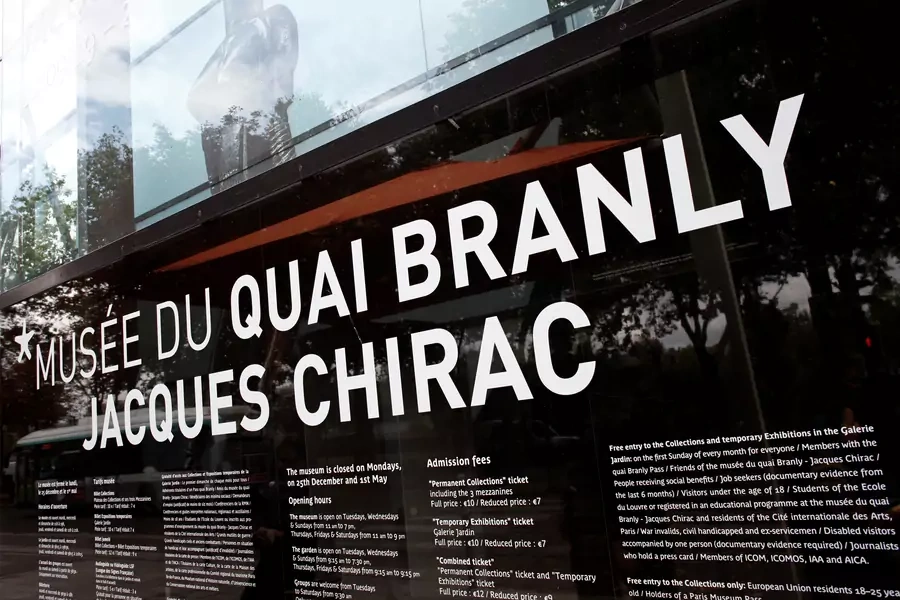Art Protests Shine Spotlight on Post-Colonial Restitution Question

Mwazulu Diyabanza, a Congolese-origin activist in France, first attracted social media attention by seeming to steal an artifact from the Quai Branly Museum in Paris to protest slavery, colonialism and the alleged French theft of Africa's cultural patrimony. The attempted theft was carefully staged for live streaming. The museum authorities stopped the theft. In July, he repeated his protest at a museum in Marseilles. It was also live-streamed. Diyabanza is now back in the news because he, along with four accomplices, will stand trial on September 30. Diyabanza and his supporters hope that the trial will put on the stand France's colonial history. Fueled by social media, the Diyabanza episode is now in the mainstream media.
France's relationship with many of its former African colonies is close. Indeed, French interests in Africa are seen by some as the basis for France's international standing as more than merely a large member state of the European Union. In 2020, against a background of domestic protests against inequality (the "gilet jaunes" demonstrations), the French version of the "Black Lives Matter" protests that focused on the history of French participation in the slave trade and colonialism, the new assertiveness of French citizens of colonial origin, and the unfocused anger at the disruptions caused by the coronavirus, the Diyabanza trial has the potential for a renewed popular focus on French holdings of African art.
More on:
In 2017, French President Emmanuel Macron pledged to return to Africa the African art in French museums. He established a commission to consider how that might be done. The commission issued a report that has failed to win widespread support in France. According to U.S. media, the French government has announced the restitution of 27 objects, of which only one has been returned. (It is claimed that there are some 90,000 sub-Saharan African art objects in French museums.)
Though the media tends to be focused on the issues of race, class, and colonialism, the question of the return of art to countries of origin has many dimensions and is long standing. For example, successive Greek governments have demanded that the United Kingdom return the Parthenon fragments in the British Museum (the Elgin Marbles). On the other hand, it is argued that great works of art are part of the world's heritage and do not belong to the descendants of those that made them. Hence, so this argument runs, African-origin art no more belongs to contemporary Africa than the works of Leonardo or Michelangelo belong to modern Florentines.
With some exceptions, African art housed in Western museums is carefully curated and is accessible to the public. (For example, there is a major collection at the Metropolitan Museum of Art in New York that periodically presents "block-buster" exhibits of African art.) In sub-Saharan Africa, there are few institutions that can safeguard and display art works of world importance. In what may be a partial way forward, however, France is largely funding the construction of a state-of-the-art museum in Benin that would display the 27 returned works of art, among others.
More on:
 Online Store
Online Store
